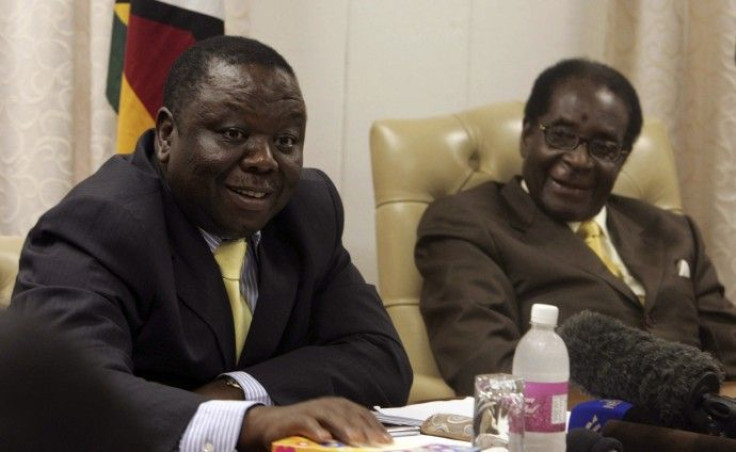Zuma heads to Harare to save Zimbabwe coalition from collapse

South African president Jacob Zuma set off to Harare on Friday expecting to even out the disputes of Zimbabwe's power-sharing government which is almost on the verge of collapse.
The Zimbabwe standoff worsened as Prime Minister Morgan Tsvangirai filed a lawsuit against ruling president Robert Mugabe accusing him of violating the global political agreement (GPA) signed between them. This move is seen as an attempt by Tsvangirai to highlight the issues that have been paralyzing the coalition government over the past few months.
According to local media reports, Tsvangirai on Wednesday petitioned the High Court to nullify Robert Mugabe's unilateral appointments of 10 provincial governors. In his petition, Tsvangirai argued that the appointments were made in violation of the agreement as he had not been consulted.
The fallout due to appointments resulted in Tsvangirai skipping regular progress meetings with Mugabe for the past two months. The prime minister's latest application in the court seeks to overturn the appointments.
Mugabe's Zimbabwe African National Union - Patriotic Front (ZANU-PF) ruled the country since independence in 1980. A power sharing agreement was reached with Tsvangirai's Movement for Democratic Change (MDC) after the last election in 2008, which was marred by widespread violence, mainly targeting MDC cadres. Jacob Zuma mediated the power sharing deal.
However, both leaders in recent months called for fresh elections in 2011 but observers in the region fear that instability could return to the country. MDC, citing the same reason, requested the presence of International peace keeping forces to prevent any form of violence.
President Mugabe is rumored to be contesting yet again. A meeting of ZANU-PF's politburo on Wednesday decided to hold elections in the country before June next year. The party maintained that polls will be held whether or not a new constitution was in place and also rejected renewal of the coalition deal set to expire in February.
© Copyright IBTimes 2024. All rights reserved.











